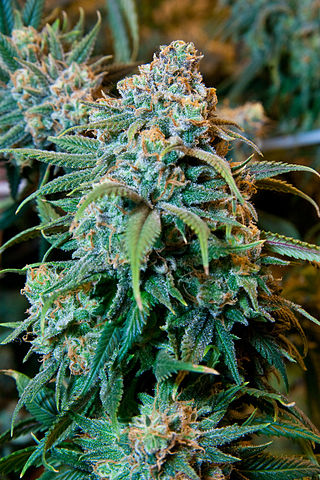
A study recently published in the journal Psychological Medicine estimates teens who use marijuana are at 11 times higher risk of developing a psychotic disorder compared to teens who do not use marijuana.
The research suggests the link between marijuana and psychotic disorders might be stronger than previously thought. Earlier studies primarily used older data that examined the effects of weaker marijuana. Experts have noted that marijuana’s potency has surged in recent years — and that marijuana containing high concentrations of THC carry significant health concerns.
Research closely links marijuana use with increased risk for depression and bipolar disorder and to higher rates of schizophrenia in young men.
Frequent marijuana use — especially during adolescence — is associated with lower cognitive abilities, including poorer memory, attention, and learning. These effects may continue even after someone stops using marijuana.
Right now the group Arkansans for Patient Access is actively working to drastically expand marijuana in Arkansas.
The group has until July 5 to collect 90,704 petition signatures from registered voters to place the marijuana amendment on the ballot.
If passed, the amendment would give free marijuana cards to immigrants and out-of-state residents who come to Arkansas to use marijuana.
The amendment would guarantee marijuana growers and sellers a monopoly over the state’s marijuana industry.
Marijuana users would no longer need to show they suffer from a specific medical condition listed in state law — making it easier to use marijuana recreationally.
The measure also fails to limit the amount of THC that marijuana products can contain, and it repeals restrictions on marijuana advertising.
All of this would lead to more marijuana in the state.
This latest research reminds us that marijuana may be many things, but “harmless” simply is not one of them.
Articles appearing on this website are written with the aid of Family Council’s researchers and writers.




